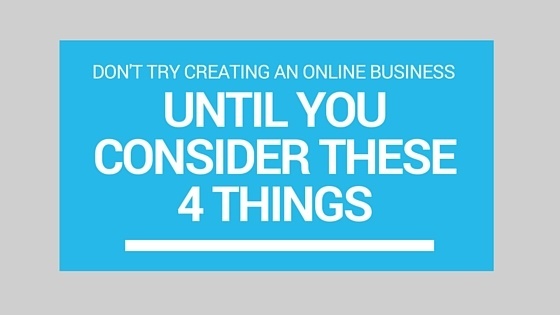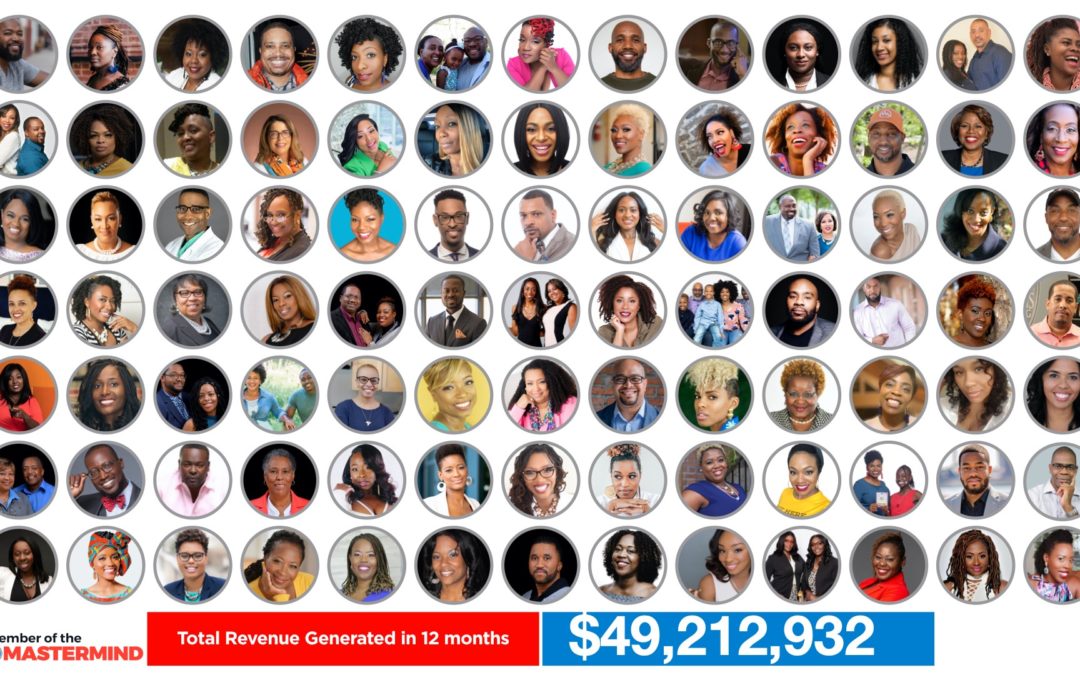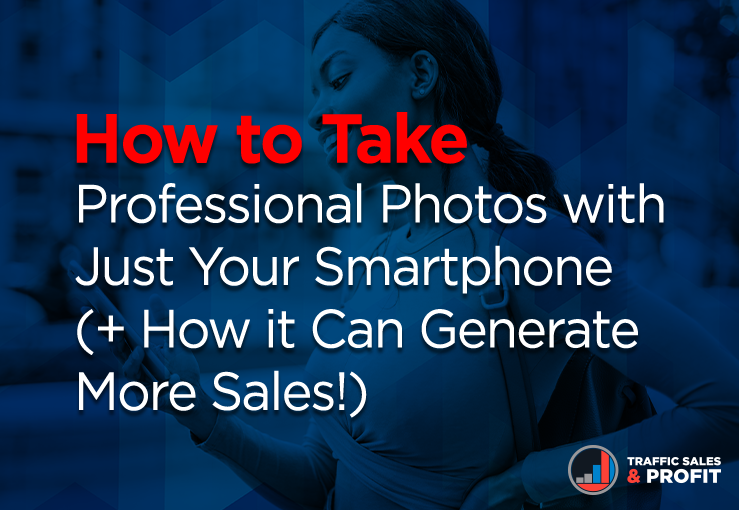This article explains four key components for entrepreneurs to consider before creating an online business.
It’s not always good to shoot first and ask questions later.
If an intruder trespasses on your property, in the middle of the night, than I think it’s safe to say that you have the right of way.
But this is not a winning formula for creating an online business. If you choose to execute before a plan is in place, you may not be making the best decision.
I know you may be used to just “running” with all of your ideas, creating things with no real plan of action or direction but if your plan is to obtain AND maintain success, then there are four things you should consider before bursting onto the business scene.
I recently interviewed Chris Davis, Head of Automation at LeadPages, and he gave some great advice for budding entrepreneurs to follow BEFORE they jump into creating an online business.

According to Chris, entrepreneurs should consider these four things before starting their business :
Steps to Creating an Online Business
1. Clarity and Understanding of Your Product
You have to know who you’re serving and who’s problems you’re trying to solve.
People often make the mistake of being too broad with their business.
They say “oh I help moms with young kids in school” or “I help people that need coaches” instead of “I help Black moms whose kids have Dyslexia” or “I serve doctors that are divorced and looking for love again”.
See the difference?
One is very broad while the other is very specific. The truth is that most successful businesses have very targeted audiences and therefore have no problems reaching them.
2. Automation and How it Should be Used
First, automation is the process of employing technology to maintain and execute your marketing strategy. But, you can’t execute something you don’t have.
[Tweet “AUTOMATION SHOULD NOT BE USED TO SAVE YOUR BUSINESS.”]
Think about the definition Chris gave above, automation is used to execute your marketing strategy.
If you have a strategy in place, that means you have an idea of what you’re doing with your business or least some organized thoughts.
Automation can be useful in this case. Mediums such as Hootsuite or Buffer can send out scheduled content on you behalf for however long you design it too.
This will help to propel what you already have in place for your business to the masses.
On the flip side, if you’re automating random content for no rhyme or reason with no strategy, you’ll automatically let a whole lot of people know that you don’t know what you’re doing several times a week.
Instead of trying to automate right away, take a step back and figure out what you have and how you can use it.
3. Validate, then Create
Chris broke the starting process down for business in these two steps and they will help you save a lot time and money if follow them through.
[Tweet “Simply put, if you can’t validate your idea, then don’t put money into it.”]
Don’t try to create a product from an idea that no one cares about!
You can validate your business or product through profit and interest. Put some feelers out there and generate some buzz. If you figure out how quickly people are willing to pay for products from your online business or service and are able to gather their information, you may be onto something great. If not, go back and try again.
4. Landing Page vs. Website
A Landing Page is a single web page with one call-to action.
It has one focus, for you to opt into an offer in exchange for your information.
For some of you, this may be all you need right now. A space to send people if they’re interested in your product(s).
An elaborate website with multiple pages and functions may not be the best route to take if no one has even inquired about purchasing your product(s) or service yet.
You can always build out a website later.
Focus on generating interest first, maybe even some initial profits and then upgrade to a more sophisticated platform such as a WordPress website.
If you consider Chris’ four tips before diving headfirst into the business arena, it will save you a lot of heartache. Remember, don’t work harder, work smarter!
If you’d like to learn more about Chris and get even more insight into the digital marketing space, then be sure to purchase tickets to Traffic, Sales and Profit Live next month where Chris will appear as my special guest speaker on Leveraging Landing Pages during the event.
Also make sure you join our FREE Facebook group called Traffic, Sales & Profit with Lamar Tyler .
In case you missed it you can sign in via Twitter below and video our full interview. Enjoy!















0 Comments